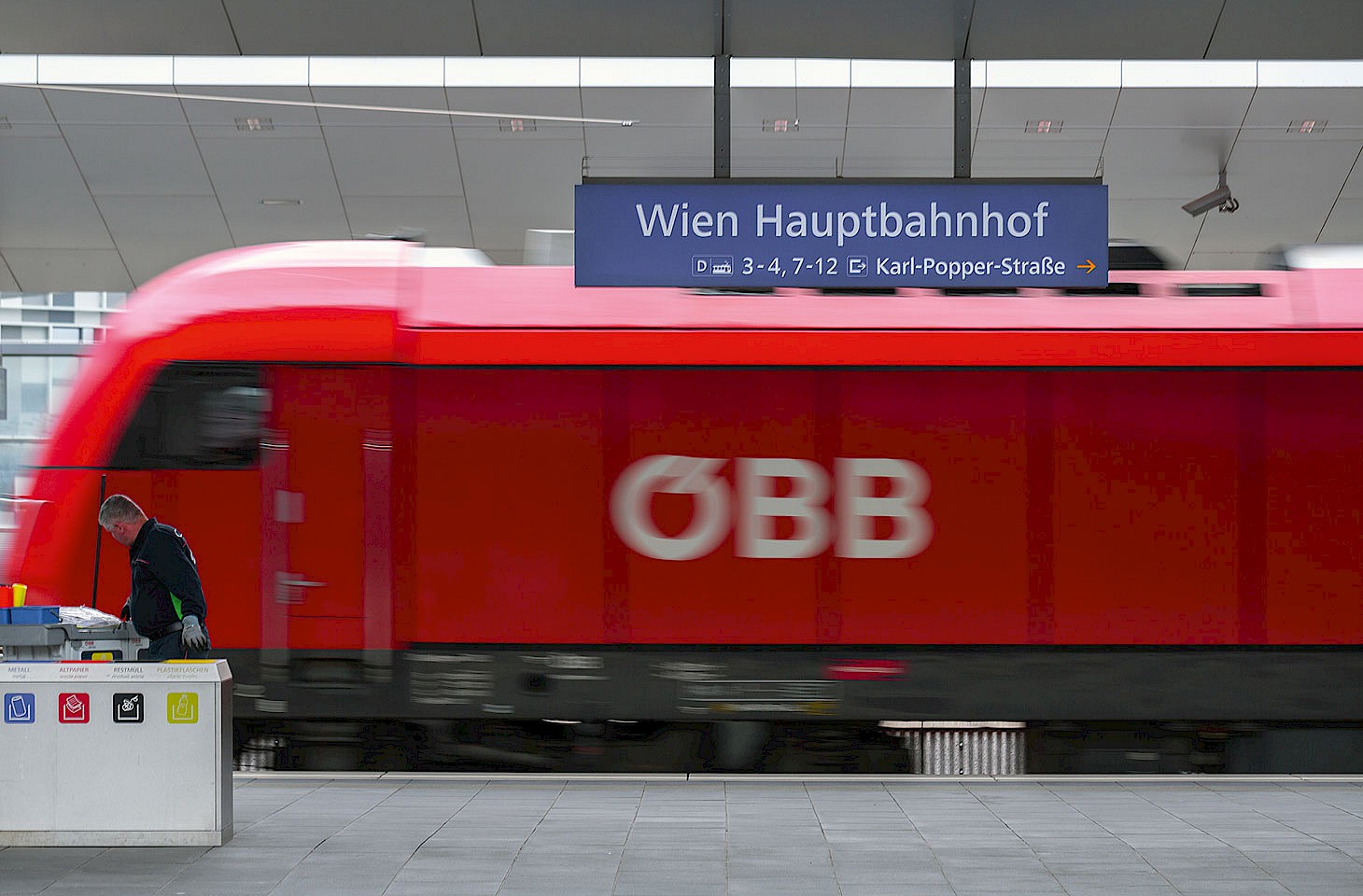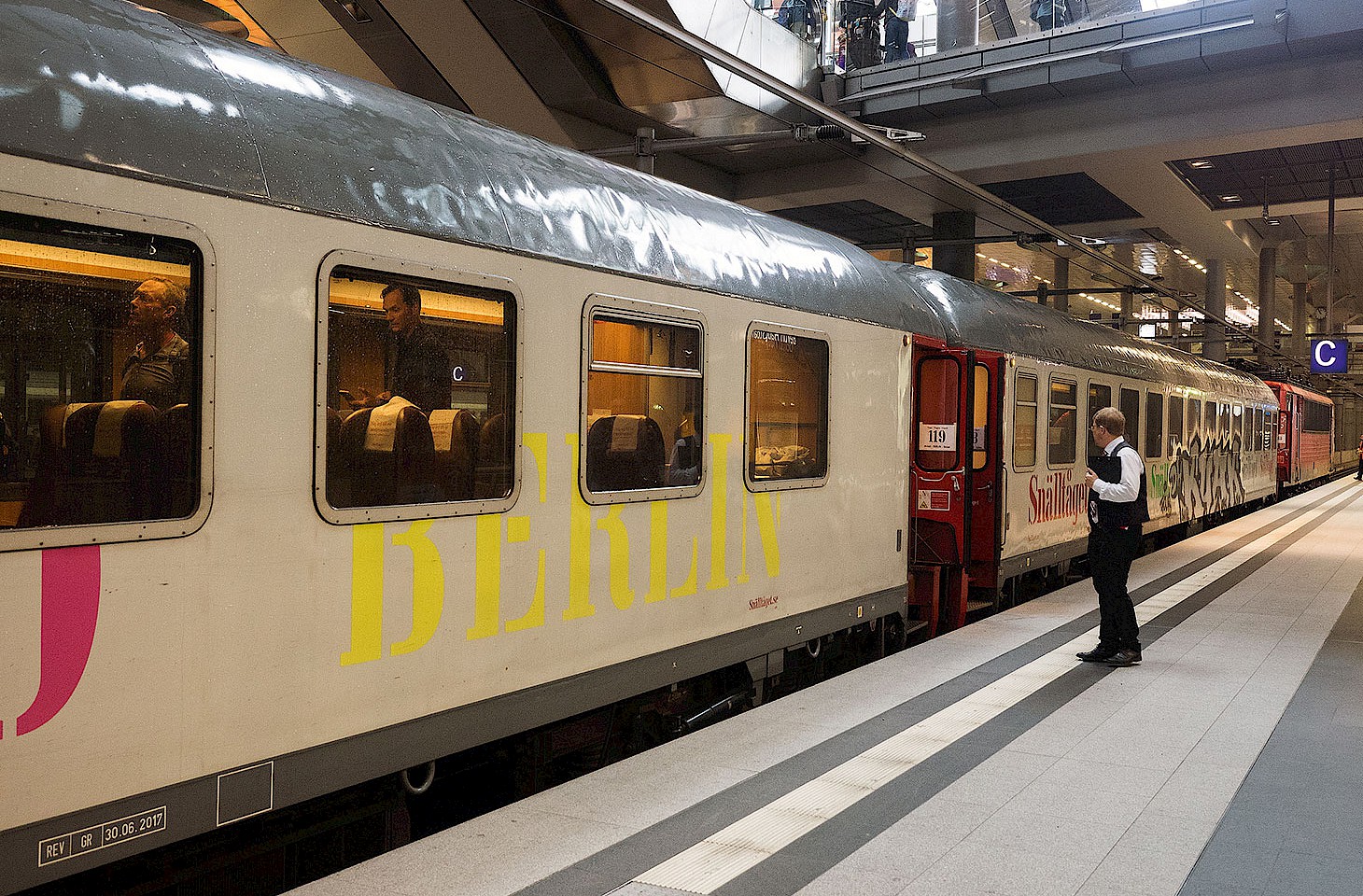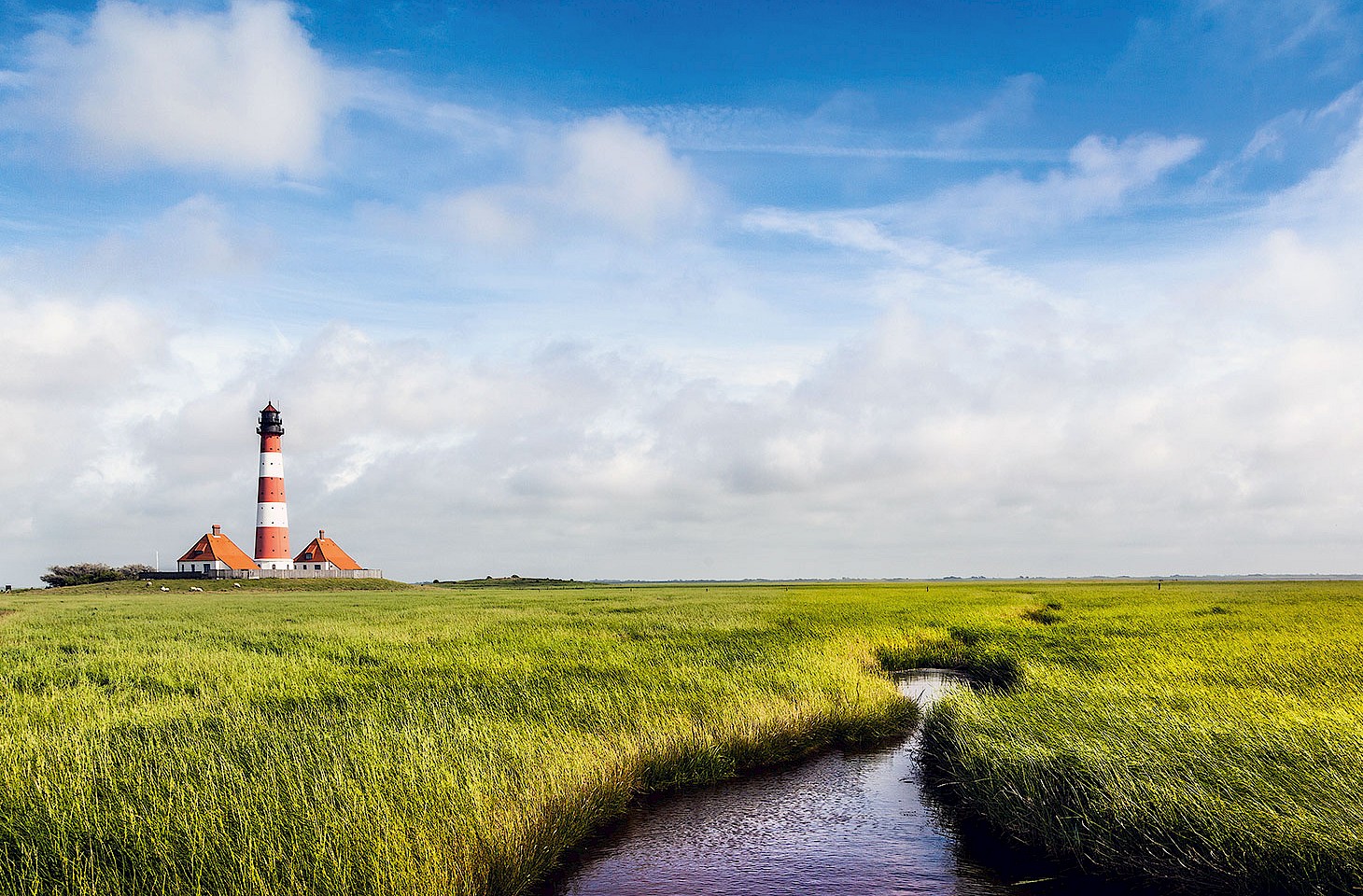Dear fellow travellers
A name seen or heard out of context can be a powerful provocation. Travelling through the hinterland of Munich a while back, our train paused at Dachau. At one level this was just one more railway station serving commuters in a rather overcrowded part of Bavaria. But the single word Dachau, innocuously proclaimed with an onboard announcement on our train, unleashed such a flurry of thoughts and emotions. "Nächster Halt: Dachau." Next stop: Dachau.
Back home we checked a few facts and sure enough the infamous Nazi concentration camp really was in that small Bavarian town where our train had stopped.
Then in May this year we were driving through northern Italy and saw a road sign to Solferino. Now, what little we know about the Battle of Solferino comes from The Radetzky March by Joseph Roth, an epic novel that is mainly played out at the nerve ends of the Habsburg Empire. Solferino is so frequently mentioned in the book that we felt we knew Solferino in a vicarious way, and then suddenly it popped up in real life, and not at all where we expected. Not that we had ever really given any very considered thought as to exactly where Solferino might be. We just had no idea that it was near Verona.
We have had this experience of serendipitously stumbling on places of note very frequently. We recall someone in a small village in Moravia telling us that the former German name of that community was Austerlitz. Aha! So this is where Napoléon sent the Russian and Austrian forces packing. And to think that one of the great railway stations of Paris is named after this wee place in the hills of Moravia.
Since then we have clocked Battenberg, Ovidiu and Rottweil - all places that we had never given a thought to, until we just happened to find our journeys took us through these communities. We knew of course that the Mountbatten family, pillars of the English establishment, had German roots. And Battenberg, a small town in the Eder valley in central Germany, really is the place from which the Mountbatten title derives. The family anglicised the name during the First World Word in response to anti-German sentiments in England.
And so to Rottweil, which turned out really to be the place where the Rottweiler breed of dog originates. We even found a monument to the Rottweiler in the town centre. Evidently the breed was popular with local butchers who used the dogs to herd animals to slaughter. And then Ovidiu in Romania had a tale to tell. "Any connection with the Roman poet?" we asked. And that's when we heard the intriguing tale of how this small town on the Black Sea coast claims to have Ovid's grave, and back in 1930 changed its name from Canara to Ovidiu in homage to the man whom they honour as the first Romanian poet.
Of course, many road signs and station names may seem rich in allusion but are in fact false leads. The village of Tass in Hungary did not give its name to a Soviet news agency, nor vice versa. Nor is there any link between the village of Balzac in the Charente region of France and the French writer Honoré de Balzac (except insofar as Balzac's father changed his name from Balassa to Balzac which he judged to have a greater social cachet). Asperg in Germany has no evident link with Asperger's syndrome, but every time the slow train stops at Asperg we always look twice at those who climb aboard. Another German station we pass through frequently is Stendal, on the main route west from Berlin. And inevitably our thoughts turn to the French novelist who took the nom de plume Stendhal. And here it turns out that there is a plausible link, but that is far too good a tale to be shared here. We shall reserve it for a future issue of hidden europe magazine.
Nicky Gardner and Susanne Kries
(editors, hidden europe magazine)




